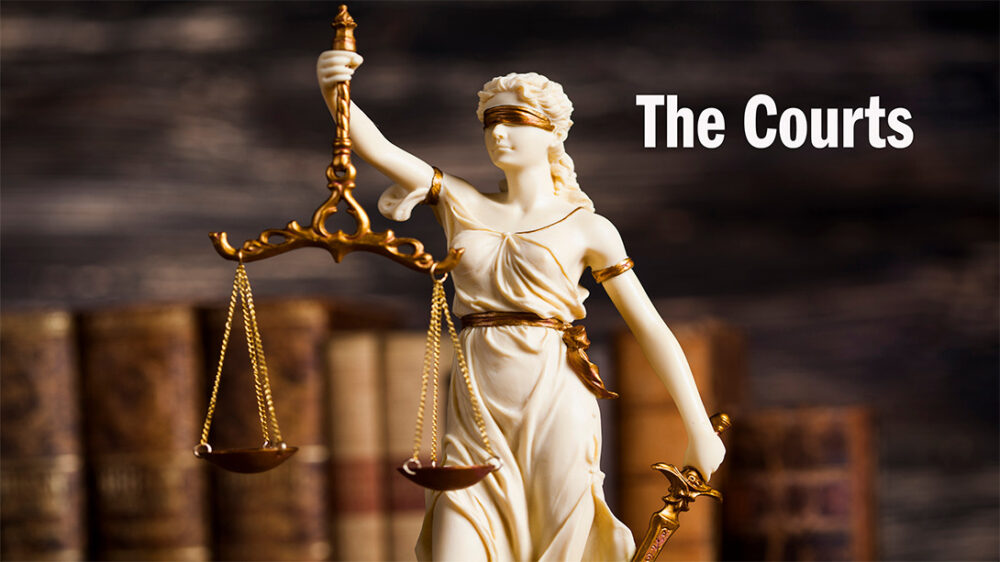
By Matthew Vadum
Contributing Writer
A federal appeals court ruled on Tuesday that investigative reporter Catherine Herridge must disclose the name of her sources for a series of Fox News reports regarding a Chinese American scientist the FBI investigated but did not charge.
The U.S. Court of Appeals for the District of Columbia Circuit held that Herridge is not entitled under federal law to withhold the identity of sources she used in preparing her reports on scientist Yanping Chen.
In 2017, when she was employed by Fox News, Herridge reported on Chen, a naturalized U.S. citizen, who founded the Virginia-based University of Management and Technology.
The school was attended by members of the U.S. military with tuition assistance from the Department of War, which was known as the Department of Defense.
Chen was alleged to have ties to the Chinese military, but she denied having any.
The FBI began investigating her in 2010, but in 2016, prosecutors decided against laying charges.
Herridge moved from Fox to CBS News in 2019, but CBS later laid her off.
In her lawsuit, Chen is suing the federal government for allegedly leaking details about its investigation into statements she made on immigration forms related to work on a Chinese astronaut program.
Chen asked the court to require Herridge to identify the sources she used in her reports.
Herridge and Fox News fought the request, saying the Constitution’s First Amendment shields them from most requests and that Chen had not met the threshold to overcome that protection.
A legal privilege of reporting based on information obtained from using sources without fear of being legally compelled to identify them is recognized to some extent by 49 states and the District of Columbia.
Some states have enacted shield laws codifying the privilege, while others abide by state supreme court rulings recognizing it.
Such laws and court decisions provide some protection to a reporter from having to make public the identity of a confidential source.
However, there is no federal shield law, and federal courts are divided on whether there is a First Amendment-based privilege, which means in federal court a reporter may be compelled to reveal sources or face fines or jail time, according to the Freedom Forum.
U.S. District Judge Christopher Cooper held Herridge in civil contempt in February 2024 after she declined to answer questions about the sources during a fact-finding meeting known as a deposition with the scientist’s attorneys.
Cooper ordered her to pay $800 per day in fines until she divulges her sources. The fines were put on hold to allow Herridge to appeal.
In his ruling, Cooper said he recognized “the paramount importance of a free press” and the need to rely on confidential sources in investigative journalism, but that the court also has “its own role to play in upholding the law and safeguarding judicial authority.”
“Herridge and many of her colleagues in the journalism community may disagree with that decision and prefer that a different balance be struck, but she is not permitted to flout a federal court’s order with impunity,” the judge said.
On Tuesday, a three-judge panel of the D.C. Circuit affirmed Cooper’s ruling.
Circuit Judge Gregory Katsas said Herridge argued that almost every U.S. state has recognized some kind of reporter’s privilege from naming sources.
However, the privilege “varies widely in its scope from state to state, both in the abstract and on the question whether case-by-case interest balancing is appropriate,” Katsas said.
“In short, if the First Amendment itself does not entitle Herridge to disobey discovery obligations imposed on every other citizen in the circumstances of this case, we see little reason to create that entitlement as a matter of judge-made common law.”
Aldgra Fredly contributed to this report.



